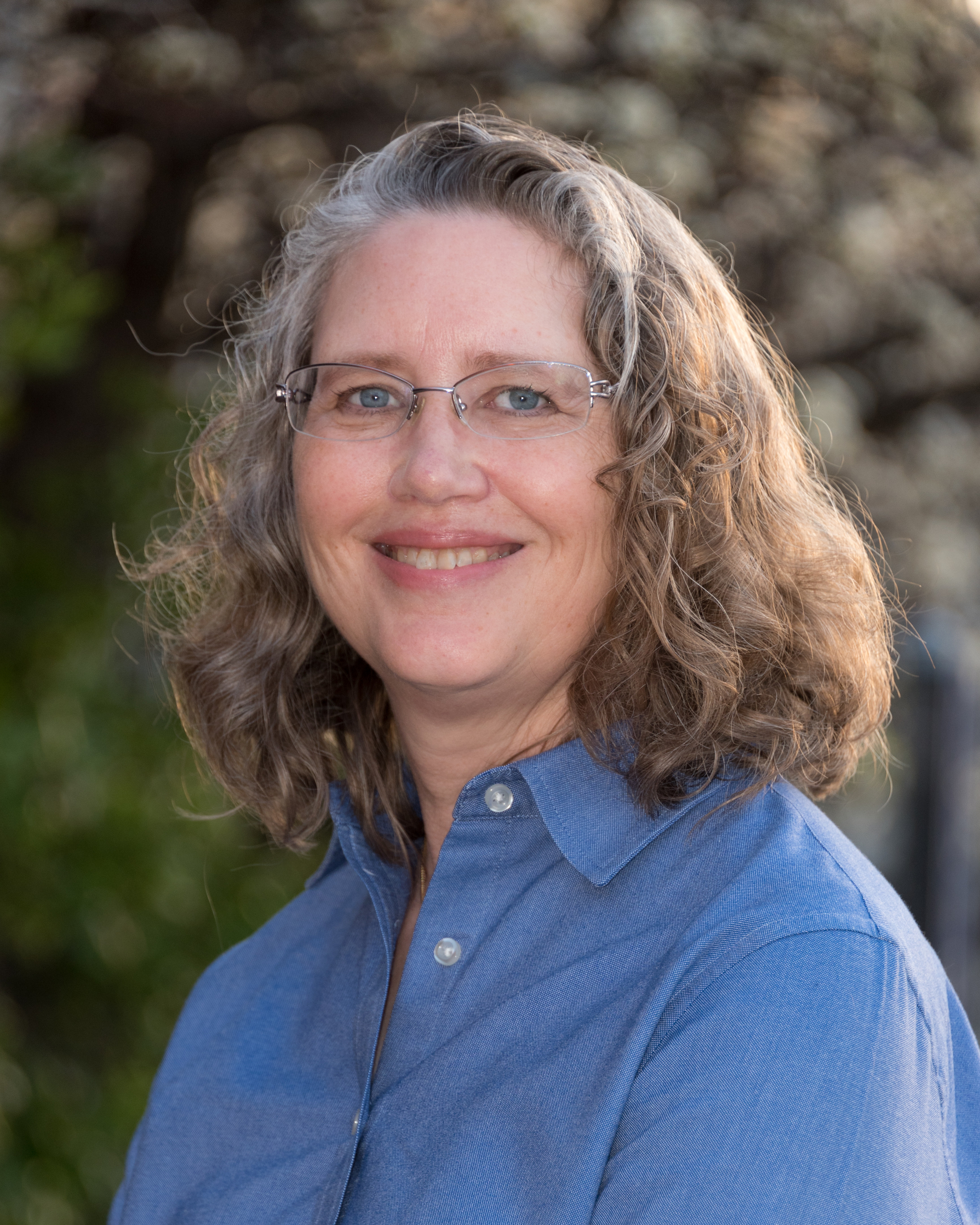Ok, so they’re all Jewish. But beyond that, all three spoke to a completely rapt audience on Monday at the 11th annual North American Chevra Kadisha and Jewish Cemetery Conference in Philadelphia. It’s unusual, at any conference, for a speaker to completely capture the attention of the entire audience. To have three speakers do so in one day is remarkable. After this experience, I would imagine people might want to attend future such conferences just for the speakers, even if they have no interest in chevra kadisha work or Jewish cemeteries.
First, Blu Greenberg bravely told us about what it’s like to get the phone call no parent wants to get in the middle of the night: The one in which you are informed your child has just been in an accident. As if that weren’t bad enough, the accident happened in Israel, so she and her husband were unable to rush to their son’s bedside. Then the news turned worse, when their daughter informed them, “I think they’re going to ask us about organ donation.”
It’s a terrible decision to have to make under any circumstances. But she didn’t know what her son’s wishes were. And, unfortunately, the window of opportunity for organ donation is so short, she didn’t have time to investigate it. Moreover, because the death occurred in Israel on a Friday morning shortly before Yom Kippur, if he were kept on ventilation long enough for her and her husband to see him, by then his organs would no longer be viable for donation.
This story led to an enormously helpful discussion about organ donation practices, the current state of halachic rulings regarding donation, how a “do not resuscitate” order can interfere with the possibility of donation, other kinds of donations such as tissue and bone, and much more.
Next, Joy Ladin gave a talk entitled, “She Said I Know What It’s Like to be Dead,” after the Beatles song of the same name. In it, she spoke about what it’s like to be a female trapped in a male body, and how it made her feel dead and, at times, suicidal.
She described her attempt to live life as a man, and how she finally realized she could do so no longer. She teaches at Yeshiva University, and told us about some of the challenges she is facing as the first openly transgender employee of an Orthodox Jewish institution (she earned tenure before she made her transition, making it difficult for the university to dismiss her).
Issues of gender identity and expression are important to the chevra kadisha community, because so much of what we do, including the prayers we use, the shrouds we use to dress a dead person, and the gender of people performing the taharah are all dependent on the gender of the dead person we are preparing for burial. The more we can understand about gender identities and expressions beyond the standard but inaccurate binary model, the more likely we will be prepared when this issue comes up in our own community, as it inevitably will.
Third, Leonard Fein gave a fascinating talk about the intricate interweaving of his life, that of his daughter, may her memory be a blessing, and others, in a series of vignettes which could either be taken as a series of coincidences or perhaps the workings of a higher power.
During the Q&A afterward, he was asked whether any Jewish rituals or practices had provided him with any comfort after the death of his daughter. He responded, “When a child dies, people come up to you and hug you, and they say, ‘That is the worst thing that could ever happen.’” He said he wanted to respond, sarcastically, “Oh, really?”
Then, he said, Rabbi Larry Kushner made a shiva call. He said Rabbi Kushner said “exactly what wants to be said: Tell me about your daughter.” This was an important lesson for all of us about what to say and what not to say at a shiva. Whether or not you do chaplaincy work, sooner or later this is the kind of advice you’re likely to need, because, sooner or later, we all need to make a shiva call.
As if these three speakers were not enough, they only represent a small portion of what went on at the conference. I expect I’ll be writing more about it in the coming weeks. This conference is one of the most meaningful experiences I’ve had since the one they held last year. If it’s something you’ve ever considered attending, stop thinking about it. Next year, just go.
You can learn more about Kavod V’Nichum, the organization that puts on the conference, “>Religious and Reform Facebook page to see additional photos and behind-the-scenes comments, and
Did you enjoy this article?
You'll love our roundtable.
Editor's Picks



What Ever Happened to the LA Times?

Who Are the Jews On Joe Biden’s Cabinet?


No Labels: The Group Fighting for the Political Center
Latest Articles


End the Iranian Islamic Regime, Now

MENA States Respond to Iran’s Missile Strike on Israel

Oct. 7 and April 13: Old Jew vs. New Jew












 More news and opinions than at a Shabbat dinner, right in your inbox.
More news and opinions than at a Shabbat dinner, right in your inbox.